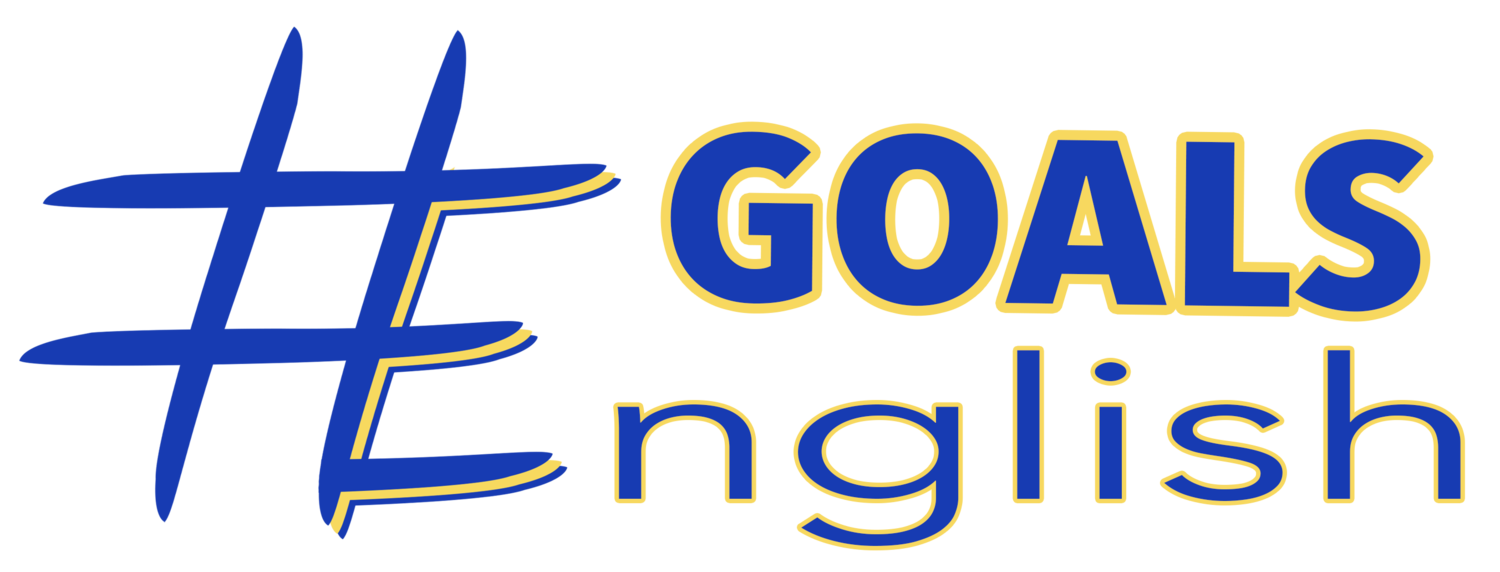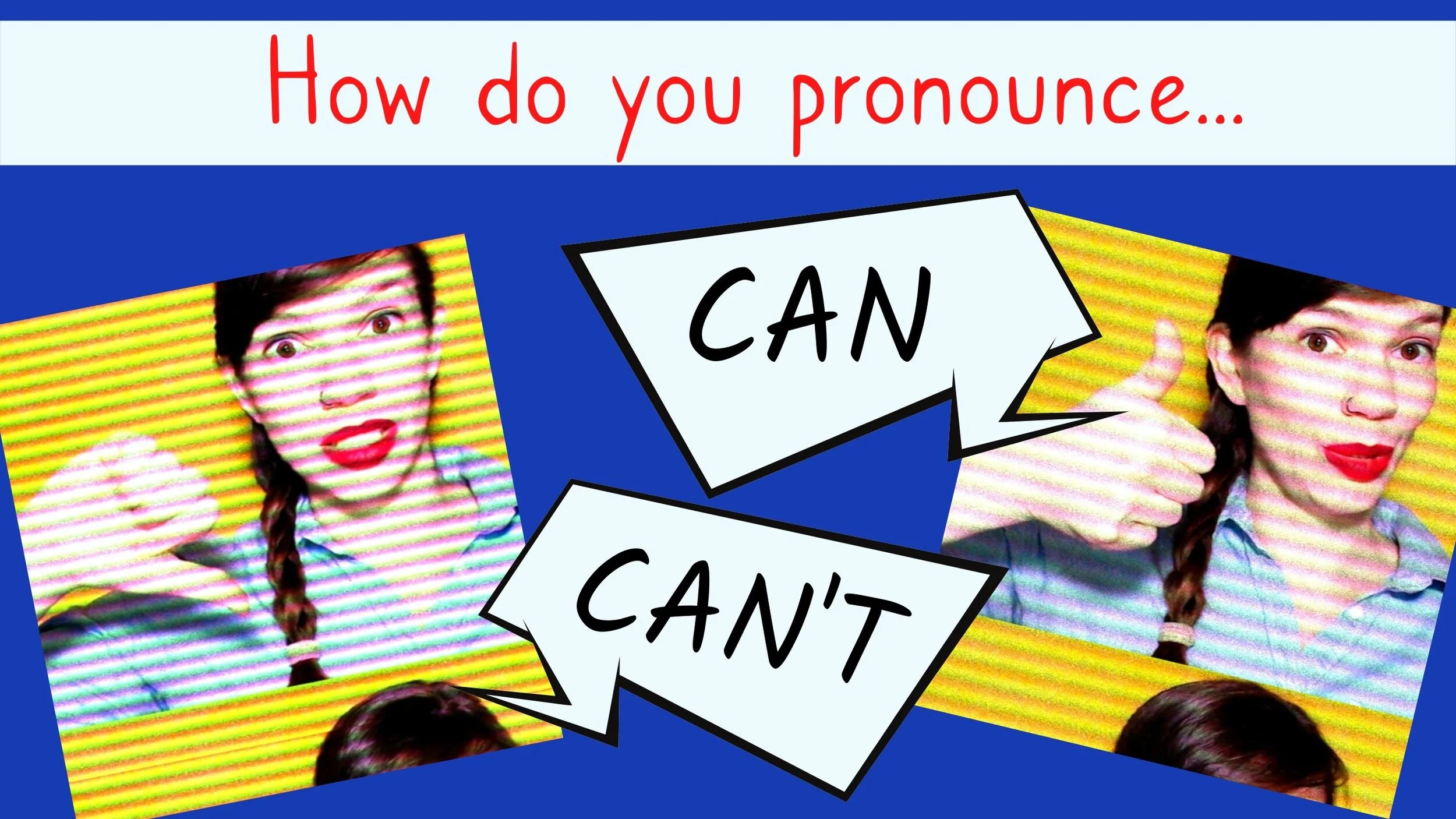Different Ways to Say Common English Phrases- Multi-Video Series
On this page, I will bring you an ongoing English lesson series called “Different Ways to Say ___.” Be sure to check back as I will continue to add new lessons to this page as I create them!
If you’d like to watch all of the “Different Ways to Say” lessons back to back, click here for the YouTube playlist of all of the videos in this lesson series.
English learners often get stuck using the same comfortable phrases over and over again such as “I agree” or “good luck” and want to look for different ways to express themselves without being repetitive. In this lesson series, I give you a few different phrase alternatives for some common English expressions. I will also go over their pronunciation.
Using these short lessons is a great way to expand your vocabulary and review some basic pronunciation concepts as I got over not only specific vowel and consonant sound pronunciation but also talk about linking and reductions. Even if you’re an advanced English speaker that knows most of these phrases, this is a great opportunity to double-check your pronunciation, stress, and intonation.
Different Ways to Say “Good Luck”
There are many different ways to wish someone good luck in English. There is even a specific hand gesture we use when we are hoping someone gets their wish or has good luck.
Some of these phrases can be used in any situation, and others are used at more specific times.
In this lesson I will teach you the phrases, when to use them, and how to pronounce them.
Here are the different phrases for “Good luck” in this English video:
Good luck!
Break a leg!
Fingers crossed!
I’m rooting for you!
English phrases in this lesson:
00:00 Brief introduction
00:09 "Good luck!"
00:13 How to pronounce "Good luck!"
00:25 How to link the d + l
00:43 "Break a leg!"
00:47 How to pronounce "Break a leg!"
01:03 How to link k + schwa
01:08 When to use "Break a leg!'
01:03 "Fingers crossed!"
01:34 What do crossed fingers mean? / When do we cross our fingers?
01:40 What does it mean to say "fingers crossed"?
01:57 How to pronounce "Fingers crossed!"
02:32 "I'm rooting for you!"
02:35 What does "rooting" mean in this context?
03:00 How to pronounce "I'm rooting for you!"
03:16 How to pronounce the flap t in "rooting"
03:24 How to pronounce the stop t in "root"
03:30 "I will root for you."
03:39 Reductions for the words "for" and "you"
04:01 Be sure to subscribe and hit the bell for new lessons first!
These of course aren't the only phrases we can use to wish someone good luck.
What are some other expressions you've heard used to wish someone good luck?
Different Ways to Say “I Agree.”
In everyday English conversations, we actually don’t say “I agree” very often. This phrasing feels formal, or serious. You might use it in a business meeting or when making important decisions with a loved one, fairly often.
For example:
Parent A: I think we need to set limits on how much screen time the kids are getting every night.
Parent B: I agree.
If the situation or discussion is less formal or serious, you probably wouldn’t say “I agree” as much.
Here’s an example of a situation where it might not be as common to say “I agree” unless you were being overly formal to be funny.
Friend A: I think we should order a pizza tonight.
Friend B: I agree.
This is not incorrect. It would be a perfectly fine response but it may feel a little odd depending on your tone.
Here are some sort responses that might be more common for Friend B to say something like:
Sure!
Ok!
Sounds good!
Let’s do it!
Since agreeing in an informal way can be as simple as “ok” or “yes,” this video lesson will give examples that are better for the first type of examples: situations that are formal (as in a business meeting) or serious (as in a serious talk with someone close to you.)
Here are the different phrases for “I agree” in this English video
I totally agree. / Totally.
I agree with you.
I see your point.
I think so too.
That’s exactly what I think.
We’re on the same page. (idiom)
As with the other lessons in this series, I will also go over how to pronounce these phrases and talk about linking and reductions commonly used.
English Phrases in this lesson:
00:00 I agree. / I totally agree. / Totally.
00:25 How to pronounce "totally" in the general American accent
01:00 I agree with you. / I totally agree with you. / I see your point. / I can see your point.
01:45 I think so too. / I think that too. / I think the same as you.
02:16 That's exactly what I think.
02:35 How to pronounce "exactly" (with or without the 't' is fine!)
03:48 We're on the same page. (Idiom)
If you haven’t already, be sure to sign up for my mailing list to get your free copy of my printable IPA (International Phonetic Alphabet) chart, that has only the sounds used in American English for simple and easy studying.
Want to study with me, Monica? I give 25 minute English fluency and pronunciation lessons on Skype to students from all over the world. My lessons will focus specifically on your needs as a student so we can target exactly what’s best for you to reach your English goals.
Take a look at my session prices here, and email me at Monica@goalsenglish.com for a free 15-minute consultation to find out what lessons with me can do for you!






